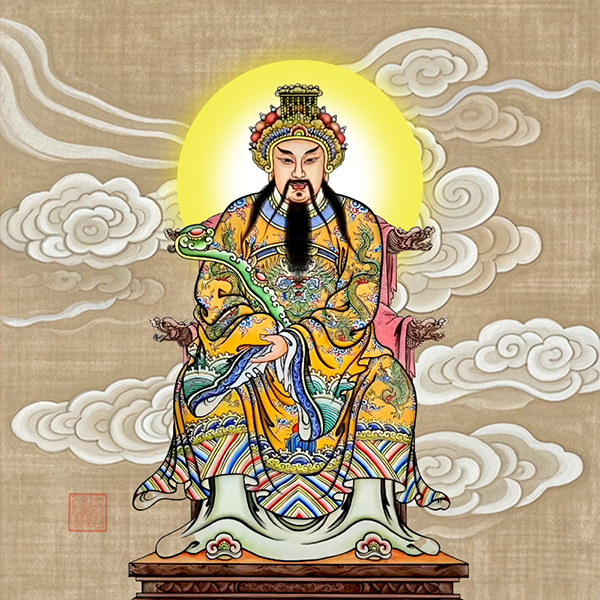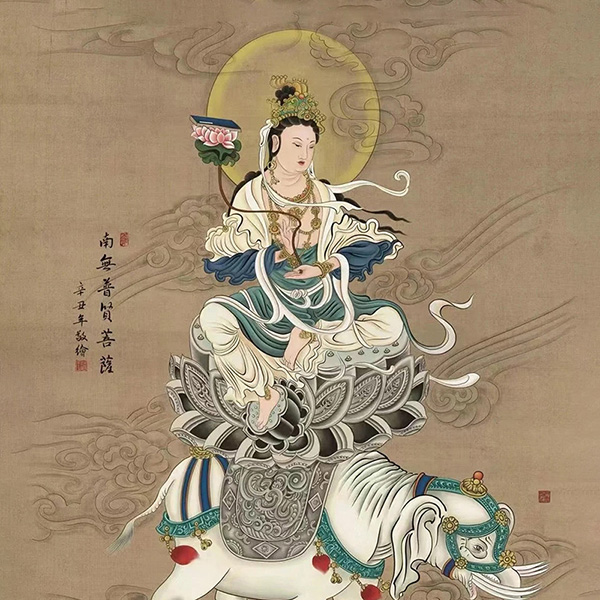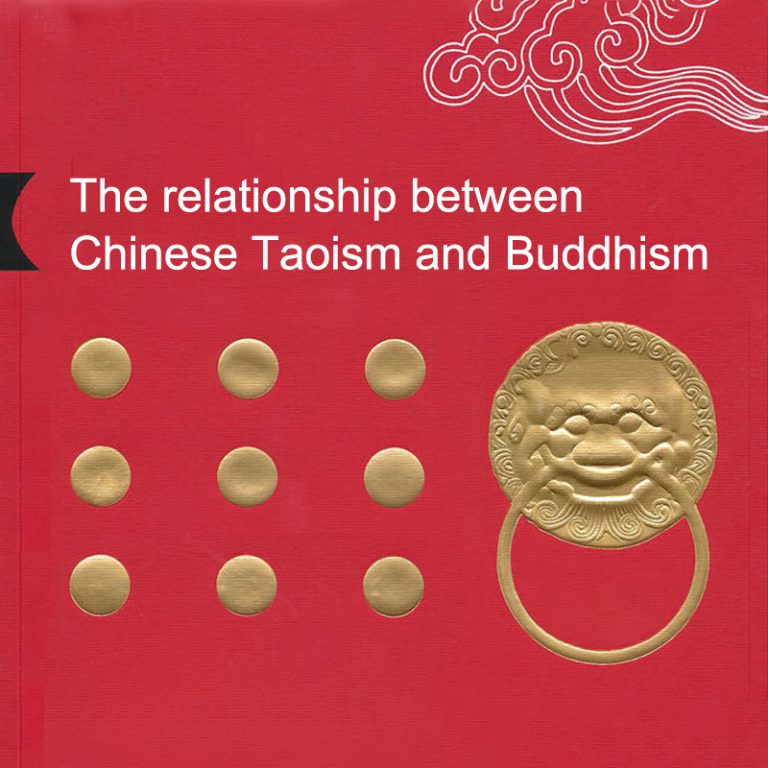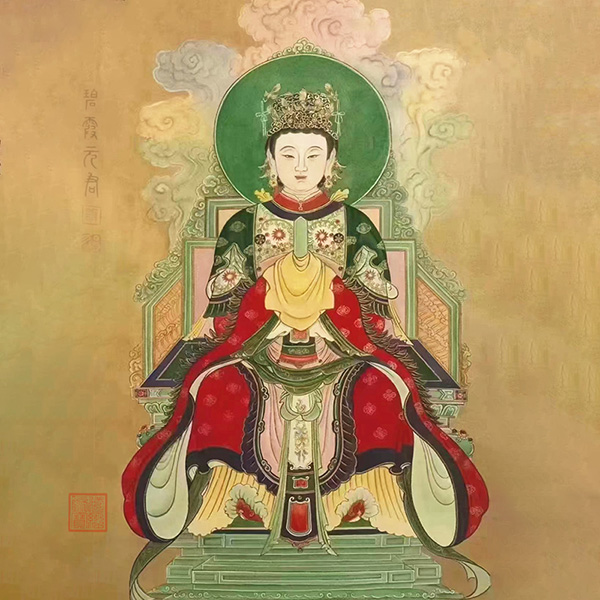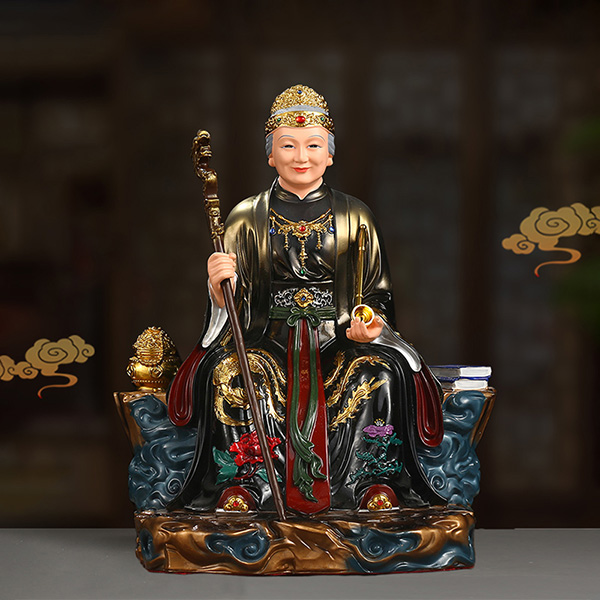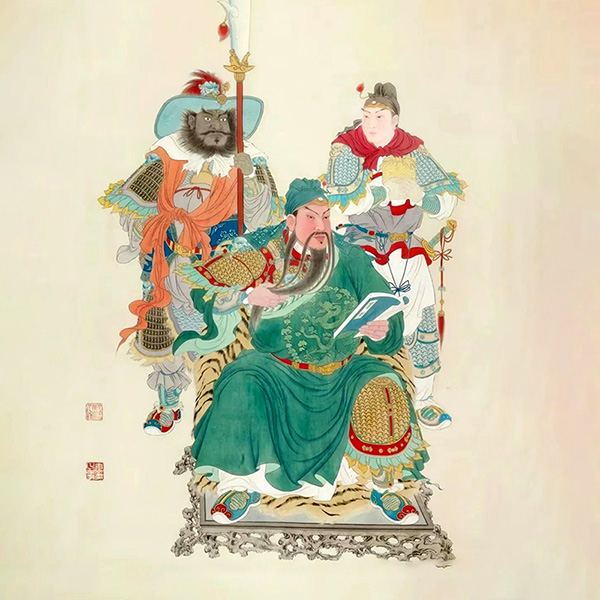
Guan Sheng Di Jun, also known as Guan Yu, is one of the most revered deities in Chinese culture. He is not only regarded as a symbol of loyalty and righteousness but also as the God of Wealth.
Life and Legend
Guan Yu lived during the late Eastern Han Dynasty. He was a renowned general known for his extraordinary martial prowess, unwavering loyalty, and noble character. Along with Liu Bei and Zhang Fei, he formed a sworn brotherhood and fought in numerous battles to restore the Han Dynasty.
Guan Yu’s loyalty was demonstrated when he remained faithful to Liu Bei even in the face of great adversity. His righteousness was evident in his actions, such as sparing the life of an enemy general who showed courage and honor. His heroic deeds and noble qualities have made him an iconic figure in Chinese history and literature.
After his death, Guan Yu was deified and worshipped by people for his loyalty and bravery. Over time, his image became associated with various virtues, including integrity, justice, and courage.
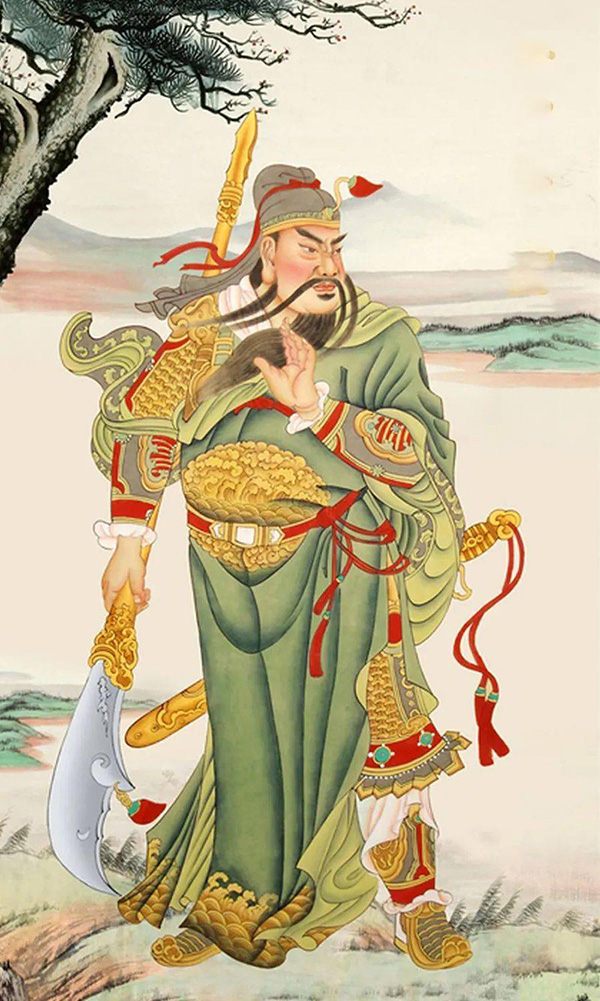
As the God of Wealth
In addition to being a symbol of loyalty and righteousness, Guan Yu is also considered the God of Wealth. There are several reasons for this association.
Firstly, Guan Yu was known for his strict management and discipline. In business, these qualities are highly regarded as they are essential for success. His reputation for integrity and fairness also makes him a suitable deity for those seeking honest wealth.
Secondly, during his lifetime, Guan Yu was involved in military campaigns that often required the management of resources and finances. His ability to handle these matters efficiently may have contributed to his image as a deity who can bring prosperity and wealth.
Finally, the worship of Guan Yu as the God of Wealth is also related to his popularity and widespread influence. As a highly respected figure, people believe that his blessings can bring good fortune and success in business and financial matters.
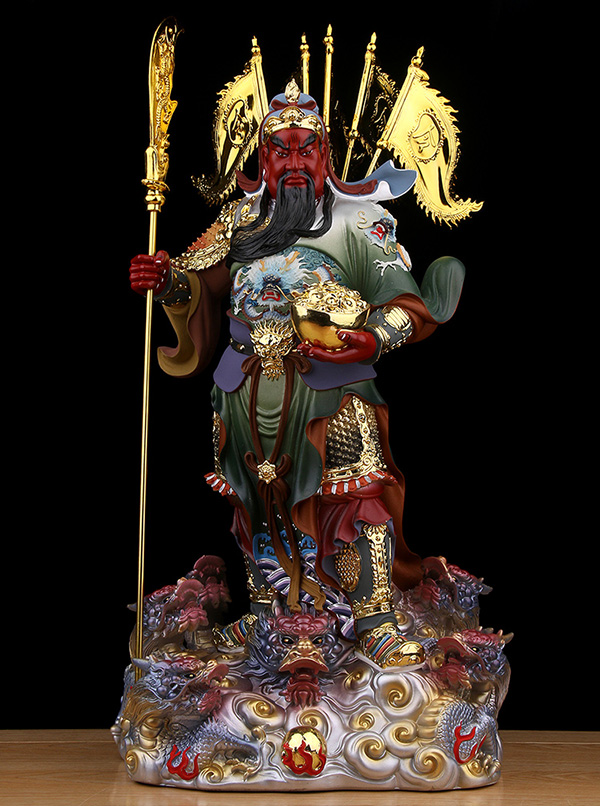
Cultural Significance
The worship of Guan Sheng Di Jun as the God of Wealth has a profound cultural significance. It reflects the Chinese people’s values of loyalty, righteousness, and hard work. It also shows their aspiration for wealth and prosperity through honest means.
Temples dedicated to Guan Yu can be found throughout China and in many Chinese communities around the world. These temples serve as places of worship and cultural centers, where people come to pay their respects and seek blessings.
During festivals and special occasions, there are grand ceremonies and processions in honor of Guan Sheng Di Jun. These events not only celebrate his divine status but also strengthen the sense of community and cultural identity.
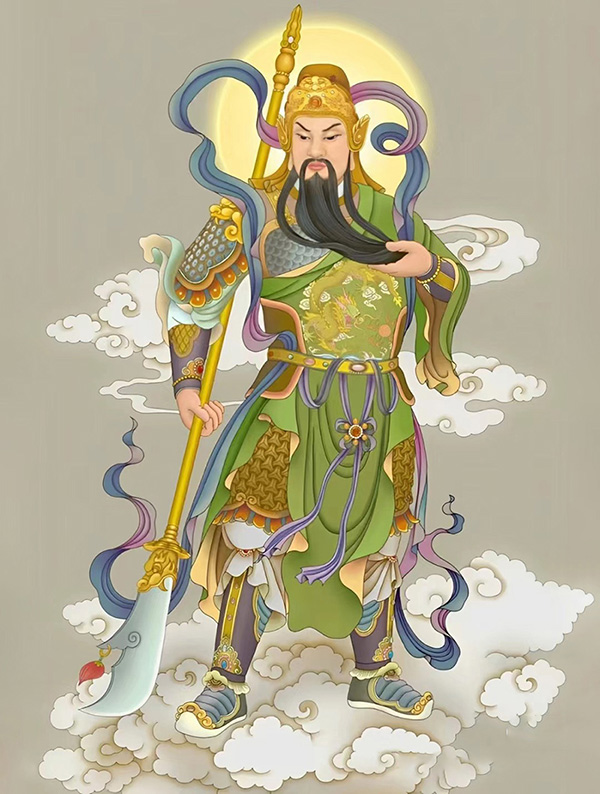
Conclusion
Guan Sheng Di Jun, or Guan Yu, is a complex and multifaceted deity. As the God of Wealth, he represents the Chinese people’s pursuit of prosperity and success. At the same time, his image as a symbol of loyalty and righteousness serves as an inspiration for people to uphold noble values in their lives. Whether in business or in daily life, the worship of Guan Sheng Di Jun continues to play an important role in Chinese culture.
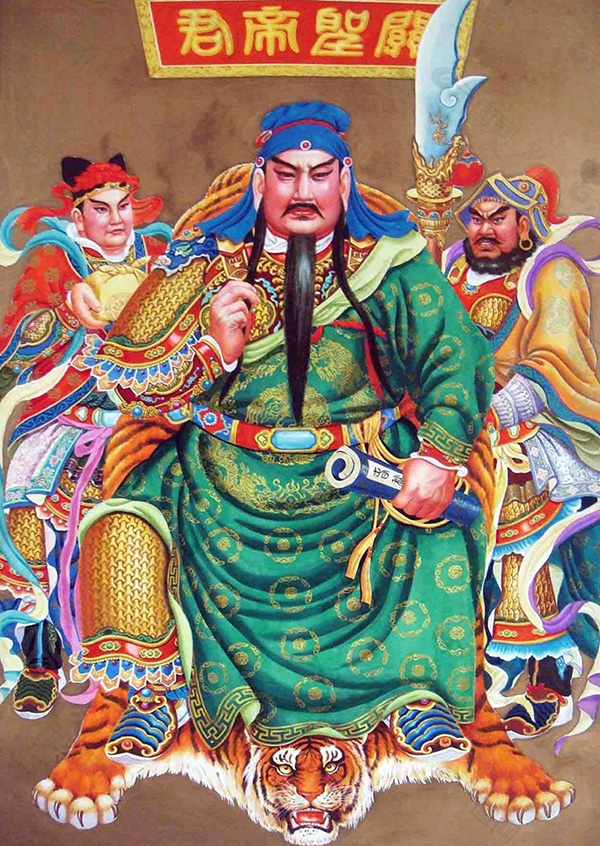
Guan Sheng Di Jun, holds a significant position in Taoism. He is regarded as one of the important deities in the Taoist pantheon.
As a martial god, Guan Sheng Di Jun is highly respected for his bravery, loyalty, and righteousness. In Taoism, he is often invoked for protection, courage, and success in battles and endeavors.
His image is often seen in Taoist temples, where devotees offer incense and prayers to seek his blessings. He is considered a powerful guardian deity who can ward off evil spirits and bring good fortune.
Moreover, Guan Sheng Di Jun’s teachings on loyalty and integrity are also emphasized in Taoist ethics. His example serves as an inspiration for people to cultivate noble qualities and live a virtuous life.
In conclusion, Guan Sheng Di Jun has a prominent status in Taoism as a martial god, a protector, and a symbol of moral virtues.
